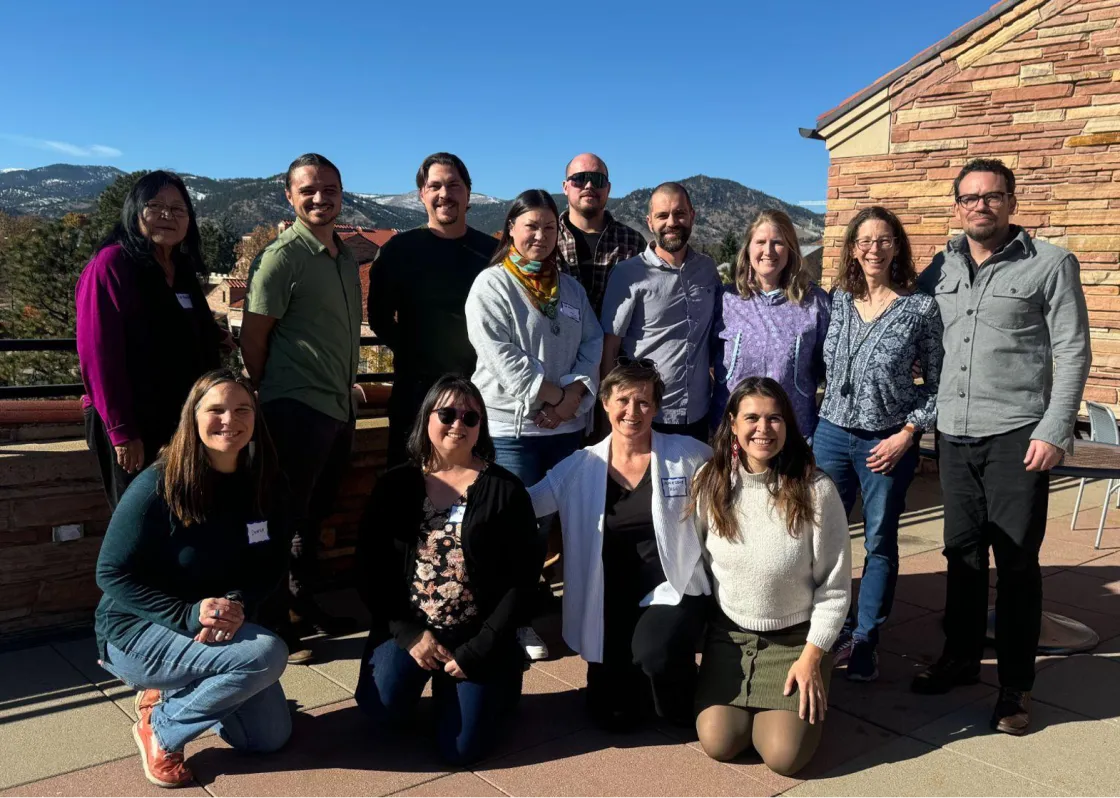On November 11 and 12, 2024, ELOKA’s Advisory Committee, ELOKA’s core team, and long-term ELOKA partners met to reflect on ELOKA’s successes, areas for growth, and goals for the future.
During this meeting, which was held at the University of Colorado Boulder, we reflected on how ELOKA’s has evolved to reflect changing needs and priorities as well as different leadership, and what ELOKA may become in the future. We participated in several activities to distill priorities for the next phase of ELOKA. We were honored to have Ava Hamilton, an Elder from the Arapahoe Nation, welcome us with her knowledge, stories, and a history of the land.
Overall, this meeting was an opportunity to reflect on ELOKA’s strengths and discuss opportunities for growth. We are grateful to our Advisory Committee members, team members, and partners for their input and time, and are excited for the future of ELOKA.
On November 13, members from our Advisory Committee participated in a public panel discussion about Indigenous-led research in the Arctic. The event was hosted by the Cooperative Institute for Research in Environmental Sciences (CIRES) and facilitated by Clint Carroll from the Center for Native American and Indigenous Studies (CNAIS). The panel discussion began and closed with a story from Rick Williams, member of Oglala Lakota and Northern Cheyenne Tribes.

